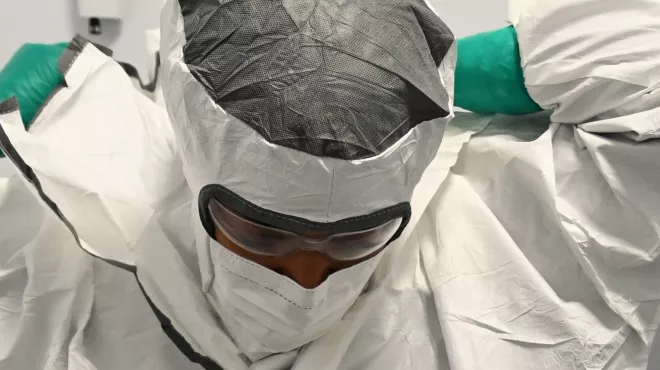"What is it like to be a postdoc in industry?” This is the question I was repeatedly asked while attending a recent meeting for postdoctoral researchers. Frequently, the follow-up question was, “Are you still doing basic, mechanistic research?”
So I began to reflect on my current training environment at the Novartis Institutes for BioMedical Research (NIBR). It’s certainly different from academia. My lab in Immuno-Oncology is faster-paced than the one I worked in as a graduate student. Resources are abundant, the culture is interconnected and communicative, and there are meetings—many, many meetings.
Yet I am still doing basic research: the kind of science that allows delving into mechanisms towards an integrated understanding of disease beyond druggable targets and is geared toward publications. And there are benefits to doing this work in a team-based environment.
Here are three tips for all scientists, academic or industry, based on my experience at NIBR.
1. Working collaboratively in teams is crucial to move the science forward.
This sounds like something we’ve all heard, but collaboratively is the key word. Many researchers feel that they can each do their own piece and the science will magically come together in a coherent product. This is rarely the case, even in academia.
In industry, projects often encompass an overwhelming number of moving parts, so team members must learn to communicate and work together effectively. As a postdoc, I benefit from their willingness to partner and coach their colleagues. I work closely, for example, with the microscopy group to visualize how cells that I’ve engineered to display different receptors interact with cancer cells. This team has helped me better understand the function of my cells, and they also have a great sense of humor (a good indicator of a team that works well together). Each microscope is cleverly named after a Game of Thrones character.
2. Good mentors are key to one’s professional development—and to the health of the scientific community.
Finding an influential mentor can be advantageous for advice, networking, and discussing big decisions. I’m fortunate to be co-mentored by two talented scientists, and our camaraderie and interaction during the interview process had much to do with my decision to pursue this position.
I’ve also found informal mentors. NIBR offers a plethora of opportunities to connect with colleagues across the organization—through a women’s group, a cross-cultural group, a lunch connection program, etc. Even senior leaders get involved in these. Consider the following: through the lunch connection program, I was recently placed in a small group for a meal with NIBR’s new president, Jay Bradner. Our conversation spanned topics ranging from our research to developing the company’s strategic vision to summer travel plans.
At NIBR, there are opportunities for mentoring and conversation between all levels. In addition to having a positive impact on the personal and professional development of individuals, these relationships and interactions build community, making it easier for people with different perspectives to embrace shared goals and work together. And once again, collaboration is key to advancing science.
3. Rejuvenation and work/life balance are absolutely necessary.
I took a week off this summer to visit my parents and attend a bridal shower. I have to admit, I felt some anxiety about stepping away, and I suggested working from home part of the time. My mentors emphatically cautioned me against this.
“Vacation is VACATION,” they said. “Time away from work is precious and necessary to recharge.”
I followed their advice and spent the week relaxing with my family. When I returned to NIBR, I felt clear-headed with a renewed focus on my experiments. This attitude allowed me to jump back into science full swing, and since then I’ve generated intriguing data that has sent my project in a number of unexpected and exciting directions.
I’ve noticed that most of my NIBR colleagues respect the need for rejuvenation. In general, they’re also more accepting of the concept of work/life balance. Some scientists, for example, need to leave early on certain days to pick up kids from school, and their colleagues respect this balance.
This isn’t to say that those in industry don’t put in long hours or aren’t as motivated—I myself come in to the lab most weekends. But everyone finds a schedule that is sustainable for them and the science doesn’t suffer.
I’m eager to hear the perspectives of the readers of this blog post. Do any of these reflections resonate with you, whether you are a scientist in the pharmaceutical industry or at a university?



